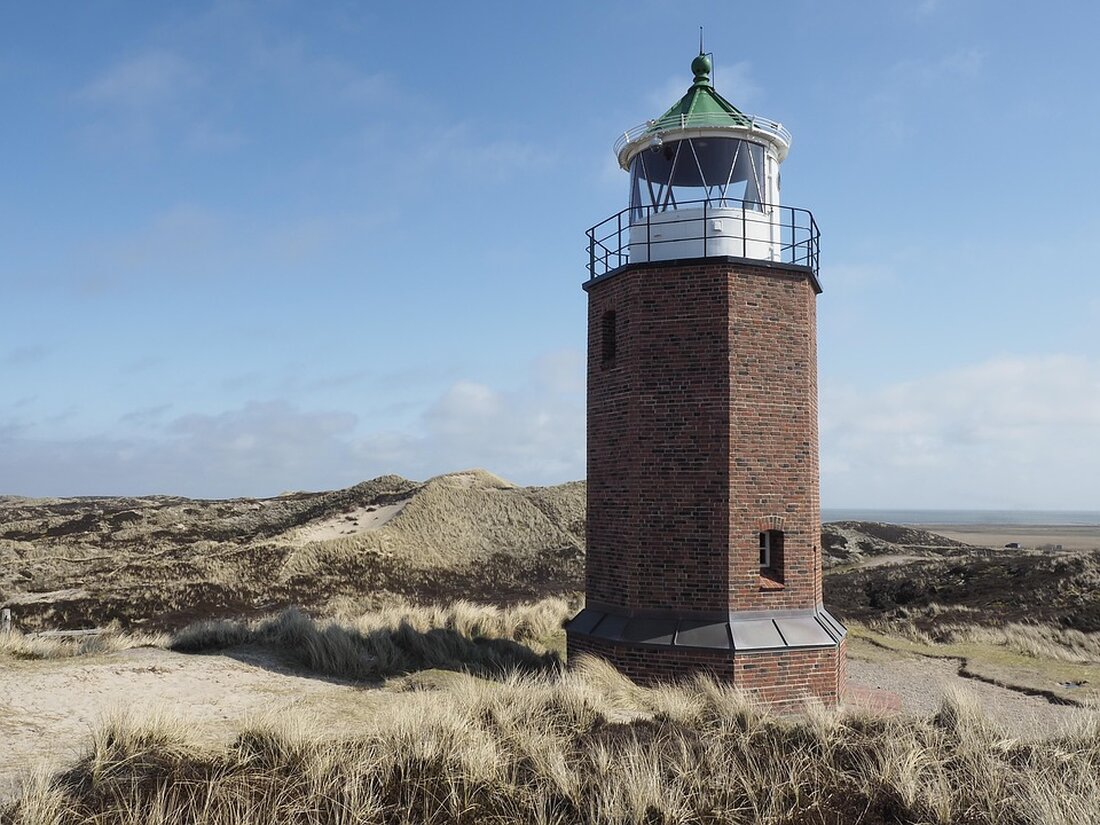Sandcastle ban on Sylt: threatens to be fined up to 1,000 euros!
Building sand castles is now prohibited on Sylt. Violations can be punished with up to 1,000 euros.

Sandcastle ban on Sylt: threatens to be fined up to 1,000 euros!
On the popular holiday island of Sylt, building large sandcastles and digging holes in the beach area is strictly prohibited. This regulation is set out in the statutes of the municipality of Sylt, as documented, among other things, in Section 2 Paragraph 4 No. 2. Violations of this ban can be punished with high fines of up to 1,000 euros. However, smaller sandcastles are allowed as long as they are dismantled in the evening.
The ban was justified by specific problems: During storm surges, deeply dug holes can make it extremely difficult to remove beach chairs. In addition, high sand castles offer a larger surface area for the weather to attack, which can lead to increased erosion of valuable sand. This measure is part of a comprehensive coastal protection program in which Sylt will receive around five million cubic meters of sand by 2024 to protect the island against the North Sea, with costs estimated at around 28 million euros.
Historical background and further regulations
The ban also has a tragic background. In 2012, a serious tragedy occurred on the neighboring island of Amrum when a ten-year-old boy was buried in a deep sand hole and lost his life. Such incidents highlight the risks associated with digging holes and building tall sandcastles.
In addition, the municipality of Sylt has not only banned the building of sand castles. Burying rubbish, littering or overturning beach chairs and lighting fires without permission are also strictly prohibited. However, according to a spokesman for the municipality, there have been no reports of fines or charges in recent years, suggesting that authorities are largely lenient with minor digging by children as long as these holes are filled in before leaving the beach.
Similar regulations that serve to protect the coast are also in force in other coastal towns on the North and Baltic Seas. The clear differentiation between permitted and prohibited activities ensures that the beauty and safety of the beaches on Sylt and elsewhere are preserved in the long term.
So it remains an important appeal for visitors to the island: sand castles can be enjoyed, but only built in moderation and with respect for nature. Compliance with the rules will help protect the North Sea beach landscapes.
Further details on this topic can be found in the reports from t-online.de and reisereporter.de be read.

 Suche
Suche
 Mein Konto
Mein Konto